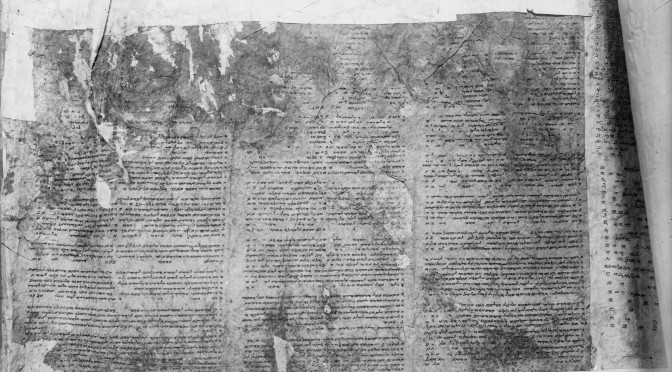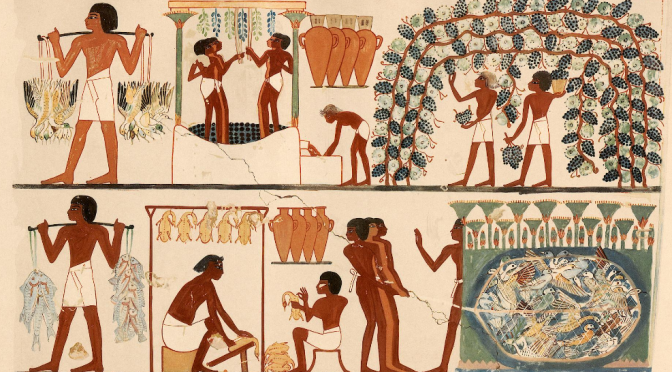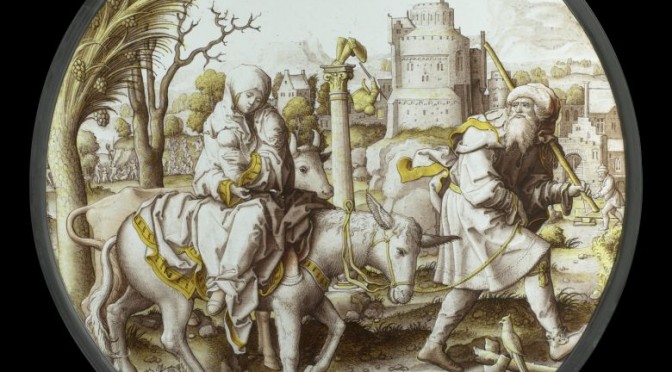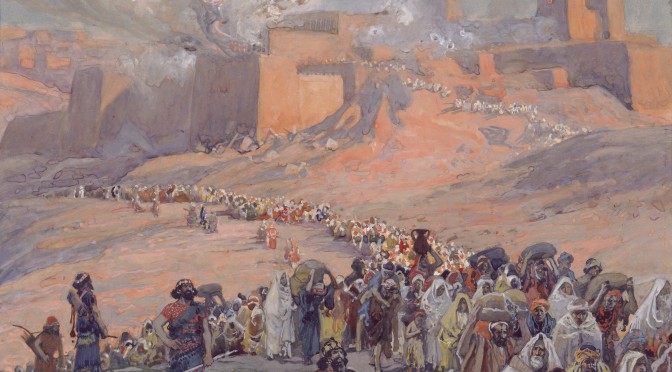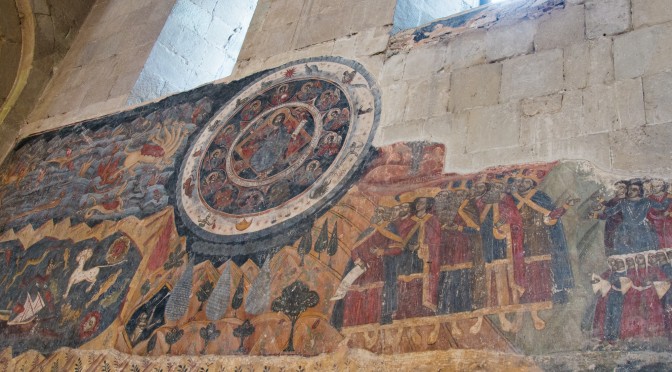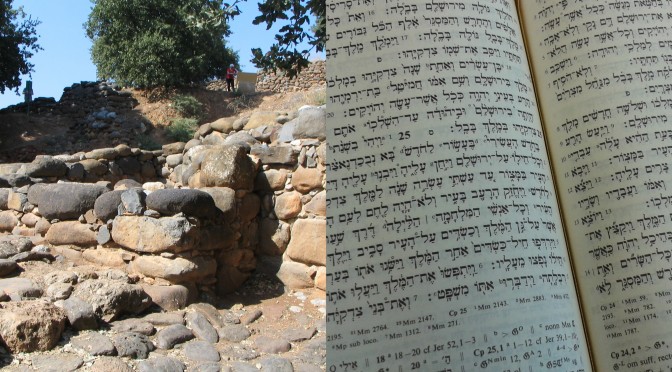The event will take place Monday and Tuesday, May 23rd-24th, in the Faculty Hall (Tiedekuntasali), Faculty of Theology, University of Helsinki. Continue reading “Patterns of Change in Literary Development: a Workshop on the Documented Editing of the Hebrew Bible / Old Testament”
Tag Archives: Hebrew Bible
Helsinki Lectures on Intersubjectivity: “Social sciences meet biblical studies”
CSTT-member Jutta Jokiranta, team leader of CSTT team 4, will give one of the Helsinki Lectures on Intersubjectivity tomorrow (Fri March 11), which are organised by the Finnish Centre of Excellence in Intersubjectivity in Interaction. Her lecture is entitled:
Social sciences meet biblical studies: Conversations with social identity and magical agency Continue reading Helsinki Lectures on Intersubjectivity: “Social sciences meet biblical studies”
Mainitaanko Vanhassa testamentissa tatuoinnit?
Valomerkki.fi -sivuston lukijoita on puhuttanut tatuoinnit ja se ottaako Raamattu kantaa tatuointeihin. Kolmannen Mooseksen kirjan kohtaa 19:28 käytetään joissain uskonnollisissa piireissä perustelemaan, miksi iholle ei saisi ottaa tatuointeja. Continue reading Mainitaanko Vanhassa testamentissa tatuoinnit?
New publication: “Iconographic Exegesis of the Hebrew Bible / Old Testament”
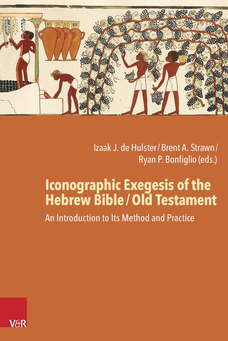 Izaak J. de Hulster, Brent A. Strawn & Ryan P. Bonfiglio (eds) (2015) Iconographic Exegesis of the Hebrew Bible / Old Testament: An Introduction to Its Method and Practice. Göttingen: Vandenhoeck & Ruprecht. Continue reading New publication: “Iconographic Exegesis of the Hebrew Bible / Old Testament”
Izaak J. de Hulster, Brent A. Strawn & Ryan P. Bonfiglio (eds) (2015) Iconographic Exegesis of the Hebrew Bible / Old Testament: An Introduction to Its Method and Practice. Göttingen: Vandenhoeck & Ruprecht. Continue reading New publication: “Iconographic Exegesis of the Hebrew Bible / Old Testament”
Martti Nissinen Ylellä: Vanha testamentti on yhtä pakolaiskuvausta
Huippuyksikön johtaja professori Martti Nissinen vieraili Ylen kirjakerhossa keskustelemassa pakolaisuudesta Vanhassa testamentissa. Nissinen kertoi, että Raamattu kertoo montaa pakolaistarinaa ja pakolaisuuden kokemus itsessään on Vanhan testamentin ja juutalaisuuden synnyn taustalla. Nissinen valottaa myös, miten Heprealainen Raamattu kehottaa suhtautumaan muukalaisuuteen ja keitä muukalaiset itse asiassa ovat.
Lue haastattelun pohjalta kirjoitettu juttu ja kuuntele alkuperäinen haastattelu täältä: ”Vanha testamentti on yhtä pakolaiskuvaa”.
Videoblogi: Miten Raamattua voi tutkia tieteellisesti?
Huippuyksikön kolmostiimin tohtorikoulutettava Ville Mäkipelto julkaisi henkilökohtaisessa videoblogissaan videon aiheesta: miten Raamattua voi tutkia tieteellisesti? Vlogissaan Mäkipelto kertoo yleistajuisesti esimerkkien kera, mitä eksegetiikka eli varhaisten juutalaisten ja kristillisten tekstien tutkimus on. Hän valottaa myös tavallista työpäiväänsä. Continue reading Videoblogi: Miten Raamattua voi tutkia tieteellisesti?
Pakolaiskysymys Raamatussa
Teksti: Pekka Rautio
https://www.helsinki.fi/fi/uutiset/pakolaiskysymys-raamatussa
Vanha testamentti on pitkälti pakolaisten kirjoittama. Miten siirtolaisuuden kokemus näkyy teksteissä ja miten pakolaisuuden synnyttämät asenteet ovat siirtyneet nyky-Eurooppaan? Continue reading Pakolaiskysymys Raamatussa
Diversity in European Biblical and Cognate Studies
The annual meeting of the European Association of Biblical Studies was organized this year in the city of Cordoba, Spain (July 13–15). This beautiful Andalusian city is full of interesting history and modern life. What struck me most in the well-organized EABS conference, was the diversity of scholars and methods in the field of biblical and cognate studies. Being a diverse melting pot of religions, Cordoba was the place for organizing this event. Continue reading Diversity in European Biblical and Cognate Studies
Reflections on “From Scribal Error to Rewriting: How (Sacred) Texts May and May Not Be Changed” (Tbilisi, 2015)
Several members of the CSTT had the opportunity to attend the international symposium “From Scribal Error to Rewriting: How (Sacred) Texts May and May Not Be Changed” in Tbilisi, Georgia, from 30 April to 3 May 2015. The symposium was dedicated to the memory of Septuagint scholar Udo Quast and was a fitting memorial for his important work. We were generously hosted by Anna Kharanauli and many colleagues and students from the Ivane Javakhishvili Tbilisi State University. Continue reading Reflections on “From Scribal Error to Rewriting: How (Sacred) Texts May and May Not Be Changed” (Tbilisi, 2015)
Investigating the Babylonian Exile: When Old Testament Studies Is Not Enough
by Tero Alstola
After a long siege, Jerusalem fell to the Babylonian forces in 597 BCE. King Jehoiachin and upper classes, the supporters of the rebellion against their Babylonian overlords, were taken captive and deported to Babylonia. The city was plundered, heavy tribute was carried to the temples and palaces of Babylon and a new vassal king was placed on the throne in Jerusalem. Another rebellion ten years later resulted in the collapse of Judean society at the same time, when Judean deportees were resettled in Babylonian towns and countryside. Perhaps a century later, some descendants of these deportees were able to return to Judah and claim a high status in the slowly recovering society. Continue reading Investigating the Babylonian Exile: When Old Testament Studies Is Not Enough

